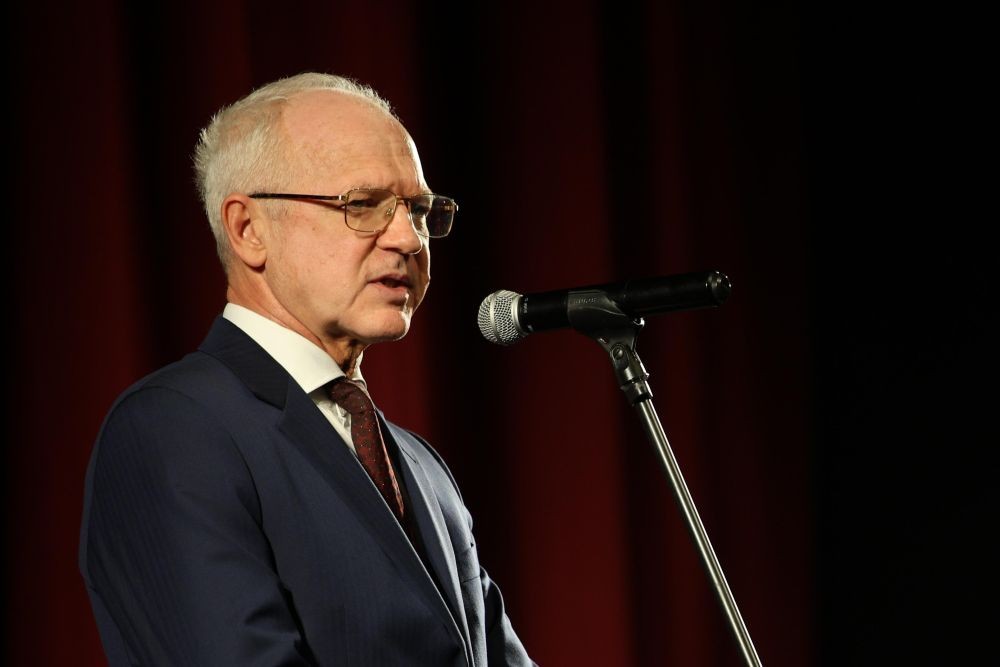A number of institutions – the Ministry of Labor and Social Policy, the Employment Agency, the Executive Agency for Bulgarians Abroad and the Ministry of Interior, as well as members of parliament, have made a clear commitment – to improve the conditions for attracting people from the traditional Bulgarian diasporas abroad to the labour market in this country.
As Radio Bulgaria first reported, at the meeting on June 12 of this year, the Parliamentary Committee on Policies for Bulgarians Abroad presented the "Choose Bulgaria" platform. This is a program that will be financed by the European Social Fund Plus (ESF+) with 13 million euro and its main goal is to attract personnel. Within its framework, a single information portal will also be created about the administrative steps that those wishing to come to the country should take.
Bessarabian Bulgarian Inna Chukur is a representative of a company that deals with attracting such personnel to Bulgaria. She told us about the main problems they face:

"The law is such that first they must register and then the Migration Agency must permit them to reside in Bulgaria. However, at the moment when we submit the documents to the Employment Agency (within 7 days), there is still no opinion from the Migration Directorate and that is why they refuse us. After receiving this refusal, we not only have to lay off these people, but we also receive lawsuits. This often makes us avoid hiring Bulgarians from abroad and we turn to hiring other people."
In addition to the traditional interest from Ukraine and Moldova, there is also a special interest in Bulgaria from Bulgarians from Serbia, Inna Chukur says and adds:
"There are many people, especially from the villages and towns close to the Bulgarian border, who work in manufacturing enterprises, etc. There has been quite an influx from Serbia lately."
Initiatives such as "Choose Bulgaria" are positive and attracting people from historical diasporas is a great undertaking, but unfortunately it will be a "drop in the ocean" when it comes to solving the pressing problems on the labor market, Vasil Velev, chairman of one of the largest employer organizations in the country - the Bulgarian Industrial Capital Association (BICA), says.

His healthy pessimism is also supported by the official data of the Ministry of Labor and Social Policy - since 2018, employment of only 1,228 people with proven Bulgarian origin has been registered. Because of the demographic collapse, every year the number of retirees exceeds the number of new employees by about 50,000 people, which is a direct consequence of the low birth rate:
"In recent years, less than 60,000 people are born, while over 100,000 retire. If we don’t want the Bulgarian economy to collapse in the coming years, we must attract workforce,” Velev says. “The Bulgarian diaspora is undoubtedly in first place, as there are no language barriers there, there are no problems with socialization and the everyday life. However, it is small and does not have the necessary qualifications that the labor market is experiencing a deficit of. In other words, this could not be a solution to the problem," Vasil Velev says.

In the past 3 years, there has been a clear trend of rising number of workers from third countries – from around 10,000 in 2022 to 32,500 in 2024. Here we are talking mainly about seasonal workers in the service sector, mostly in tourism, but not only there. There are workers from Uzbekistan, Nepal, Turkey, India, Kyrgyzstan, etc. However, the cumbersome administrative procedures are a huge obstacle for the business, Velev says:
"This is a long, cumbersome, expensive, time-consuming procedure. We need 4, 6, or 9 months after it starts until the moment when the foreign worker or specialist starts working. Any criminal can cross the border illegally and be in the center of Sofia the next day, but a decent worker, a selected specialist with a signed contract, cannot legally start work for 9 months.”
A working group, headed by Deputy PM Grozdan Karadzhov, has been created to resolve the listed problems. It includes various institutions and employer organizations. The ambition is clear - legislative changes will be proposed and voted on by the parliament, easing the hiring of workers from third countries, which would come into force even before the end of the summer season.
Author: Ivan Gergov
Publication in English: Alexander Markov
Photos: Pixabay, events.starazagora.bg, BGNES, Ministry of Regional Development and Public Works
The average price of apartments sold in Sofia in the third quarter of 2025 reached €2,310 per square metre , marking an annual increase of 25.5%, according to data from Bulgarian Properties. While new developments remain popular, limited supply and..
Natural gas prices in Bulgaria are set to fall by just over 4% in December , significantly higher than the previously forecast 1% drop, according to calculations by state-owned supplier Bulgargaz, reported BNR correspondent Yuliyana Kornazheva. This..
The Executive Board of the International Monetary Fund (IMF) has concluded the 2025 Article IV Consultation with Bulgaria. According to the IMF’s procedure for assessments and recommendations, domestic demand is driving a robust expansion of the..

+359 2 9336 661
